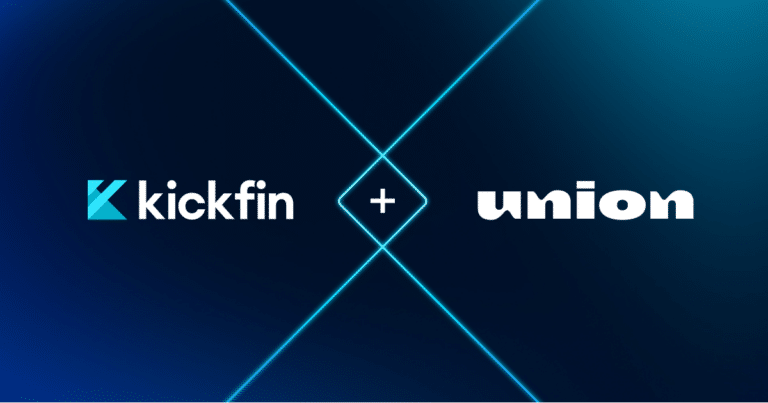By Stephen Mancini (Sr. Manager and National Hospitality Operations Leader, CohnReznick) & Brian Hassan (co-CEO, Kickfin)
In recent weeks, big-name players and small independent outfits alike have rapidly pivoted to off-premise delivery or curbside services — a model that many of these restaurants had never considered before the coronavirus pandemic required them to.
Fortunately, shutdowns and social distancing are not forever; but that doesn’t mean the shifts you’ve made to your operations should be temporary, Band-Aid solutions.
While these changes may seem challenging, or even forced, savvy restaurateurs are finding ways to leverage them in their favor so their businesses and their teams can benefit in the long term.
As you’re pivoting, be sure that you’re making strategic decisions wherever possible — so that you’re not only responding to today’s situation, but also positioning your business for growth as our industry rebounds.
Is your business ready for the changes you want to make?
“Readiness is all about building agility into your fundamental business model,” says CohnReznick’s Stephen Mancini, Hospitality Operations Leader. “Although you can’t spend weeks, months, or years solving the problems confronting you today, you do have the opportunity to evaluate with a fresh perspective.”
Below are six variables and opportunities to consider as you’re navigating this new normal and planning for relaunch.
1. Review Your Fixed Costs: Look at your existing contracts. What are you paying in rent and on your lease/mortgage? This is the basis for leverage in renegotiating with your landlord or bank. (It will also help you determine whether government relief opportunities are applicable.)
2. Revisit Your Labor Framework: Is your staffing plan labor-heavy? Review what is truly required to keep your team in place. Consider ways to operate more efficiently in-house. Changes need to factor in both monetary savings and what will be needed to support the pivot to off-premise delivery or curbside services.
3. Reevaluate Your Cost of Goods Sold: What does it really cost to produce your menu? Make sure you get more product into the fast-casual concept as you pivot. Buy in bulk whenever possible, and use your buying power to secure the best pricing. You may also find ways to retool your offerings, such as adding another pasta entrée or lower-cost menu item.
Are there new tech solutions that can support your pivot?
Restaurant owners/operators rarely have time to explore the entire technology landscape. Focus on options that will support your movement toward off-premise delivery or curbside services.
Keep in mind: While your budget may be constrained given the current market, many platforms are providing their software for reduced rates to support new and existing customers during this difficult time.
4. Leverage tech that delivers a new customer experience. Introducing an online reservation/ordering service or tapping into a reservation/ordering call center would mean that you no longer need a dedicated host on-premise for nine hours each day. Centralizing this labor-intensive activity compounds the savings for multi-unit operations.
5. Utilize tech that impacts the employee experience. During the Covid-19 crisis, more people are paying online or with credit cards. Many restaurants are attempting to reduce the amount of cash on their premises, as it harbors hazardous germs.
Implementing contactless payments for tip-based income means you can reduce the amount of cash on your premises, without making employees wait for tips to come through on payroll. This is more important now than ever before, as many hospitality workers are suffering financially. (Bonus: You do not have to factor in the hidden costs of tipping out in cash.)
6. Employ tech that further simplifies your operations. Available technology can scan invoices and drop them directly into your accounting system. You could shift your bookkeeping labor to help keep you on top of invoicing/purchasing or eliminate your bookkeeping labor costs altogether.
In order to survive, hospitality businesses must be extremely nimble and make decisions fast, but that doesn’t mean you can’t think long-term. Prepare for the future by making strategic operational changes now — and wherever possible, take advantage of today’s technology to help you work through the practical realities of pivoting to off-premise delivery or curbside services.
—
Stephen Mancini is a senior manager in CohnReznick’s Strategy and Transformation Advisory practice and the firm’s National Hospitality Operations Practice Leader. Stephen focuses his practice on areas of growth and innovation strategy, corporate and business unit strategy, go-to-market strategy and execution, operational value creation and digital and technology transformations.
CohnReznick’s online Coronavirus Resource Center provides guidance for your business during this uncertain time. This resource is available to the public and provides detailed insights on managing risk and addressing challenges during this pandemic as well as content on preparing for future disruptions.






